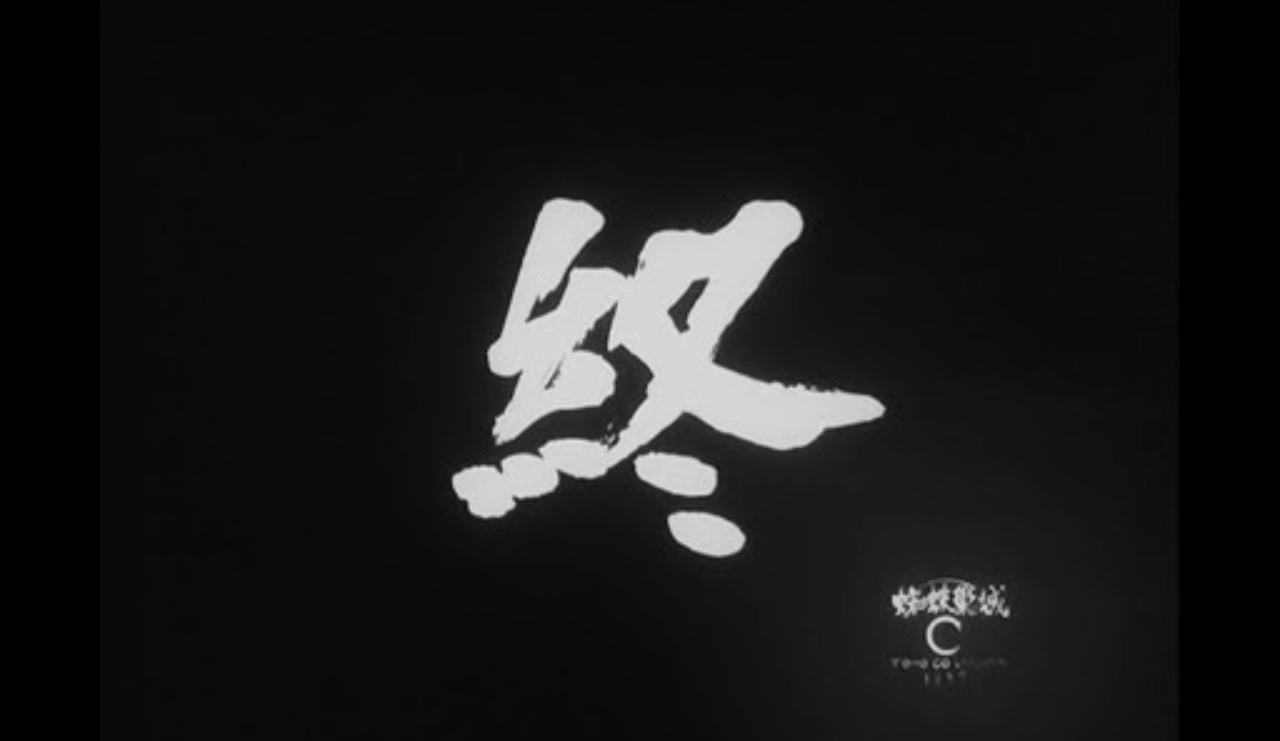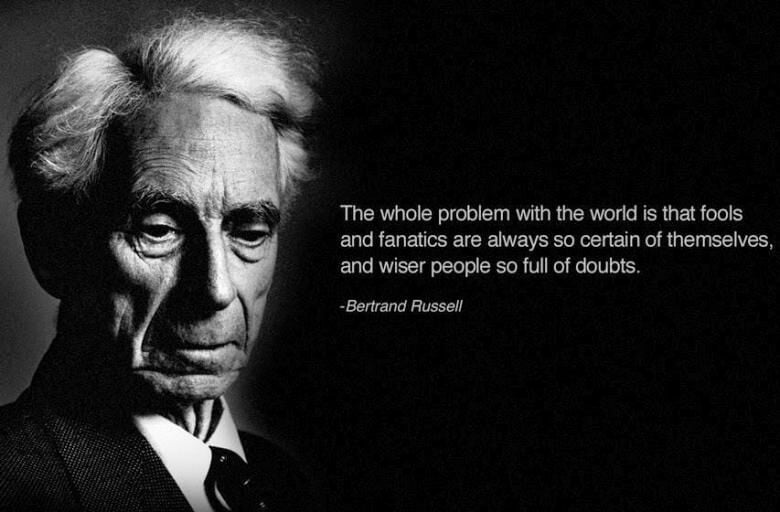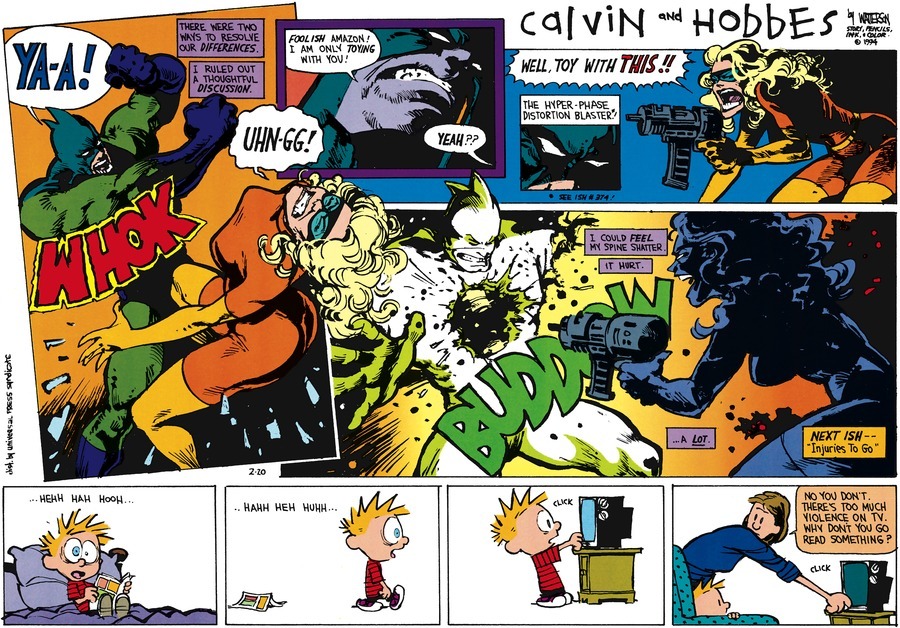

Ah. Oops. Did not know I’d transgressed.
As far as I know, these cycles were written by the post-maker. I just found them compelling, each a visual and visceral view of our inhumanity toward ourselves. The writing is pretty good. The AI is illustrative, though not altogether the compelling element.










The Roots (first four albums especially)
Godspeed You! Black Emperor / A Sliver Mt. Zion
Portishead, Massive Attack
Public Enemy